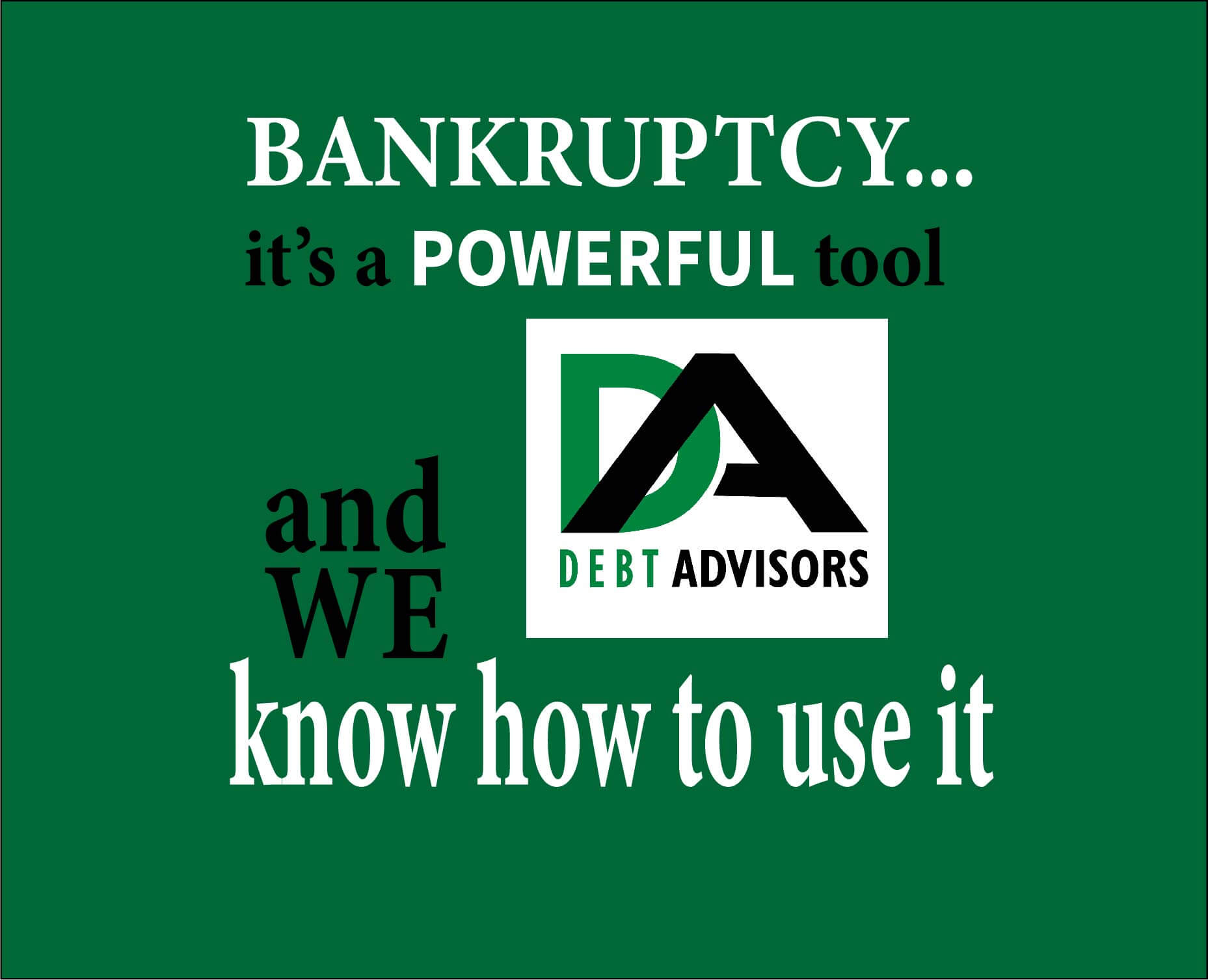




Chapter 13 bankruptcy is used as a debt relief repayment plan. You must pre-qualify for this plan. If you qualify, then all debt is accounted for and broken down. A supervised repayment plan is put in place with priority debts paid first. The Chapter 13 repayment plan is typically spread over three to five years. The new payments are much easier to handle, and gets the collection agencies off your back right away. Only your bankruptcy attorney has the leverage to effectively and efficiently work with the collection agency or creditor to reduce overall debt. Learn more about Chapter 13 bankruptcy
The debt settlement process using Chapter 13 bankruptcy allows you to pay a lump sum that’s typically less than the amount you owe, or settle, the debt. This may sound appealing at first and for some this will end resolving their debt problems. However, debt settlement can be risky. Specifically, the creditor will likely issue a 1099 to the IRS that may result in taxable income for you. You ought to speak to an attorney at Debt Advisors Law Offices to determine if debt settlement is the best course of action. Your first consult is free.
Qualify for Chapter 13
Eligibility for Chapter 13 bankruptcy is not black and white. The determination will be made based upon many details including expenses, income, debt, and many other financial details. It’s important to note that credit counseling is required prior to filing Ch. 13 bankruptcy. Get your free initial consult to see if you may qualify for Chapter 13 debt reduction and repayment plan. If you do, then Debt Advisors will setup your credit counseling requirement. If you don’t qualify for chapter 13, another option worth considering is Wisconsin Chapter 128.
Wisconsin Chapter 128
Chapter 128 is a voluntary debt consolidation plan through the Wisconsin circuit court. Both Chapter 13 and Wisconsin chapter 128, (which is a non-bankruptcy option), reduce and consolidate debt. In Chapter 128, you do not need to declare all assets, debt, or income. There is no mandatory credit counseling and you don’t have to worry about going to court. Learn more about secured and unsecured debt, the automatic stay, qualifications, and other important terms related to Chapter 13 bankruptcy or Wisconsin 128 during your free consult with a Debt Advisors bankruptcy attorney. or which is a non-bankruptcy option to settle debt.
Debt Collectors Want Their Money
Debt collectors and collection agencies will not offer to reduce your overall debt. Their main goal is to obtain payment for creditors who have been unsuccessful in doing so. They want to collect as much as they can get, and as quickly as they can. (Even if it means grabbing your government stimulus money.) To stop the aggressive creditor tactics and reduce your overall debt, consult with a bankruptcy attorney. An attorney who frequently works with Chapter 13 filings or Wisconsin non-bankruptcy Chapter 128, will know exactly how to handle the situation. Once your debts are reduced and payment plan worked out, you’ll feel better knowing that everything is under control.
When facing a challenging financial situation, it’s important to know that you have options available to you. Besides considering bankruptcy, there are other ways to regain control of your finances. You might want to explore budgeting for enjoyment to help better manage your money or take proactive steps by learning about family financial emergency preparedness. Additionally, understanding the faces of bankruptcy can provide insight into how others have navigated their financial hardships. The important thing is to not feel overwhelmed and remember that there are resources and professionals, like those at Debt Advisors Law Offices in Milwaukee, WI, who are available to help guide you on the path to financial stability.

Learn about bankruptcy protections, types of bankruptcy, how to get started, what to expect, and who to trust. Filing bankruptcy is the ONLY way to completely eliminate debt. If bankruptcy is right for you, it offers powerful protections that cannot be achieved through alternative solutions such as hardship relief, loans, or debt settlement.